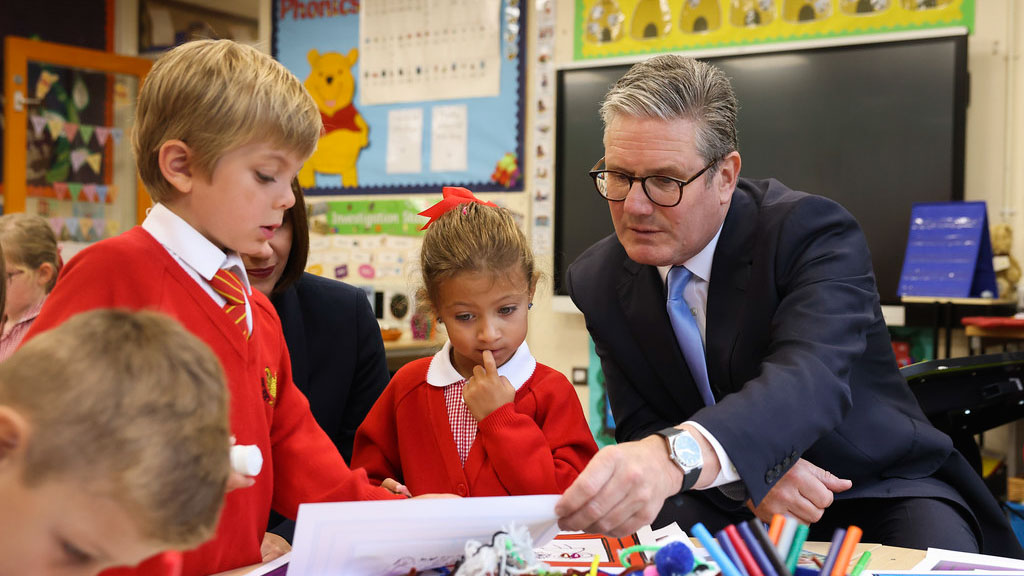As anyone who works with children and families daily can attest, the scale and intensity of hardship experienced by far too many remains deeply shocking. 4.5 million children are now paying the price of poverty. This is indefensible – a scar on our national conscience, as Gordon Brown powerfully put it.
Soon the government will finalise its child poverty strategy, following a downpayment at the spending review that included expanding free school meals and new money for social housebuilding. Whether this government will scrap the two-child limit is regarded as a critical test of its commitment to driving down child poverty. New figures confirm that the cap now affects almost 1.7 million children, which will only rise further and push more children into poverty for every day it remains in place.
Media reports suggest the prime minister wants to see the two-child limit scrapped in full, yet some government sources are briefing this now won’t be possible after cuts to disability benefits fell apart. If Labour wants to go into the next election with child poverty falling, it cannot trade one group of the poor and vulnerable off against another.
At the same time, an old debate has resurfaced, asking whether cash handouts can really tackle the ‘root causes’ of poverty. Some Labour voices have suggested prioritising investment in services like Sure Start over scrapping the two-child benefit cap, the main driver of rising child poverty. Former work and pensions secretary David Blunkett has similarly advocated for “helping [families] to help themselves”.
Read more:
- I’m buying fruit and veg for my kids on ‘buy now, pay later’. The two-child benefit cap needs to go
- Scrap two-child benefit cap if you’re serious about child poverty, Rachel Reeves told
- Labour’s new Family Hubs are the ‘successor’ to Sure Start. As child poverty rises, will they work?
At Action for Children, we warmly welcomed the education secretary’s announcement of £500 million to expand the family hubs programme to every local authority in England. Building on the proud legacy of Sure Start, it’s clear this government recognises the value of preventative services. But as an answer to child poverty, it is only one piece of a larger puzzle.










